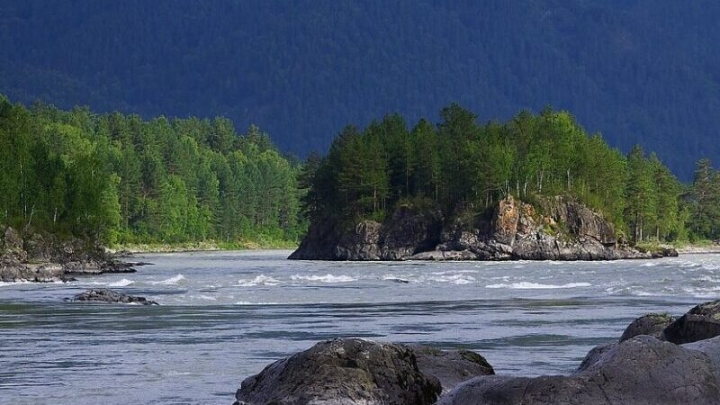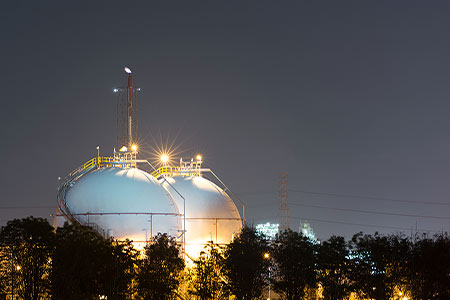
Despite recent talk about new plans to divert Siberian river water to Central Asia, such a project almost certainly won’t happen in this century because the obstacles to it are now even greater than at the end of Soviet times when Moscow decided to kill the project. Andrey Zakhvatov says.
The Russian commentator who specializes on Central Asia and who in his youth worked on Brezhnev-era plans to divert Siberian river water to Central Asia says that the problems that would have to be overcome are so enormous that the completion of such a project before 2100 is “hardly possible” (ng.ru/dipkurer/2025-06-15/11_9272_courier2.html).
Among the problems such a project would face, many of them far larger and better understood now than 40 years ago, are the following, Zahvatov says in an article for the Diplomatic Courier insert of Moscow’s Nezavisimaya Gazeta:
1. Now far more countries are involved than were then because the USSR has disintegrated and the new countries of Central Asia have emerged and because China and potentially other countries are interested in gaining access to water from Siberia.
2. The costs of building canals or pipelines and of constructing new power plants are prohibitive. The Central Asian countries lack the funds to pay for these things; and no outside power, including Russia is ready to provide financing.
3. The impact on Siberia and the Russian North, partially understood in the 1980s, is now far better known and thus Moscow along with ever more ordinary Russians oppose such a project because it would have horrific consequences for Russia.
And in addition, Zakhvatov says, there is another reason, albeit seldom mentioned, why Russians will oppose the plan: if Central Asia got the water from Siberia, its birthrates would rise; and that trend in turn would put additional migration pressure on the Russian Federation, something Russians don’t want.

